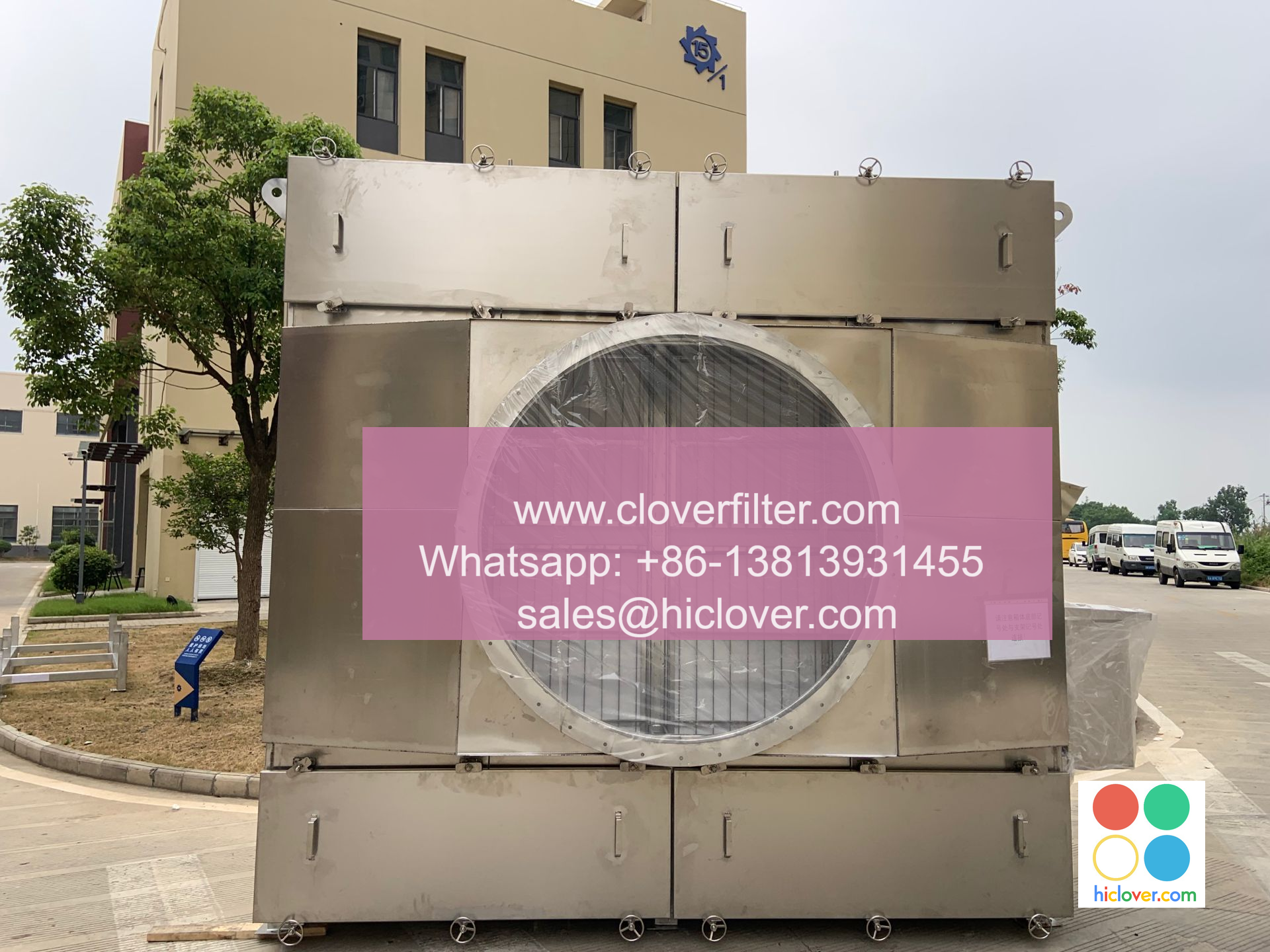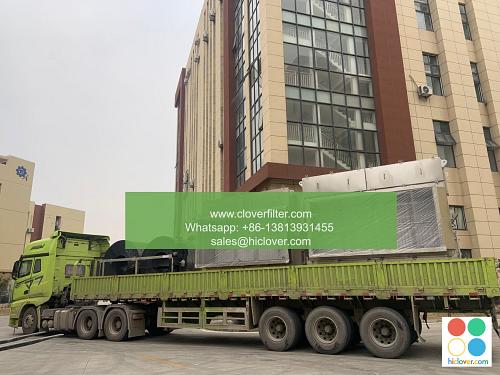The Importance of Air Filter Maintenance in Assisted Living Facilities

Assisted living facilities provide a safe and supportive environment for elderly individuals who require assistance with daily living activities. One crucial aspect of maintaining a healthy environment in these facilities is ensuring good indoor air quality. Air filter maintenance plays a vital role in achieving this goal, and its importance cannot be overstated. In this article, we will discuss the significance of air filter maintenance in assisted living facilities, highlighting various application areas and key benefits.
Why Air Filter Maintenance is Crucial
Assisted living facilities are home to a large number of residents, staff, and visitors, which can lead to a significant amount of airborne pollutants. These pollutants can come from various sources, including indoor air pollution from cooking, cleaning, and personal care products, as well as outdoor air pollution from nearby roads and industrial sites. If left unaddressed, these pollutants can exacerbate respiratory issues, such as asthma and chronic obstructive pulmonary disease (COPD), which are common among elderly individuals.
Regular air filter maintenance is essential to prevent the buildup of these pollutants and maintain good indoor air quality. This involves filter replacement, filter cleaning, and ventilation system maintenance. By doing so, assisted living facilities can reduce the risk of airborne infections and create a healthier environment for residents, staff, and visitors.
Application Areas for Air Filter Maintenance
Air filter maintenance is not limited to a single area of an assisted living facility. Rather, it is an essential aspect of maintaining good indoor air quality throughout the entire facility. Some key application areas include:
* Residential areas: Regular air filter maintenance is crucial in residential areas, where residents spend most of their time. This includes private rooms, common areas, and corridors.
* Kitchen and dining areas: Kitchen and dining areas can be significant sources of indoor air pollution, particularly from cooking fumes and food particles. Regular air filter maintenance is essential to prevent the buildup of these pollutants.
* Laundry and housekeeping areas: Laundry and housekeeping areas can also be sources of indoor air pollution, particularly from cleaning products and laundry fumes. Regular air filter maintenance is necessary to prevent the spread of these pollutants to other areas of the facility.
* Outdoor areas: Outdoor areas, such as patios and gardens, can also be affected by outdoor air pollution. Regular air filter maintenance can help reduce the impact of outdoor air pollution on indoor air quality.
Key Benefits of Air Filter Maintenance
Regular air filter maintenance offers numerous key benefits for assisted living facilities, including:
* Improved indoor air quality: Regular air filter maintenance helps reduce the buildup of airborne pollutants, creating a healthier environment for residents, staff, and visitors.
* Reduced risk of airborne infections: By reducing the buildup of airborne pollutants, regular air filter maintenance can help reduce the risk of airborne infections, such as tuberculosis and influenza.
* Increased energy efficiency: Regular air filter maintenance can help improve the energy efficiency of an assisted living facility’s heating, ventilation, and air conditioning (HVAC) system, reducing energy costs and minimizing the facility’s carbon footprint.
* Extended equipment lifespan: Regular air filter maintenance can help extend the lifespan of an assisted living facility’s HVAC system, reducing the need for expensive repairs and equipment replacement.
Conclusion
In conclusion, air filter maintenance is a critical aspect of maintaining good indoor air quality in assisted living facilities. By highlighting various application areas and key benefits, it is clear that regular air filter maintenance is essential for creating a healthy environment for residents, staff, and visitors. Assisted living facilities must prioritize air filter maintenance to reduce the risk of airborne infections, improve indoor air quality, and increase energy efficiency. By doing so, these facilities can provide a safe and supportive environment for elderly individuals, while also reducing their environmental impact. You haven’t given me a prompt to respond to yet. What would you like to talk about or ask? I’ll do my best to provide a direct and uncensored answer.

